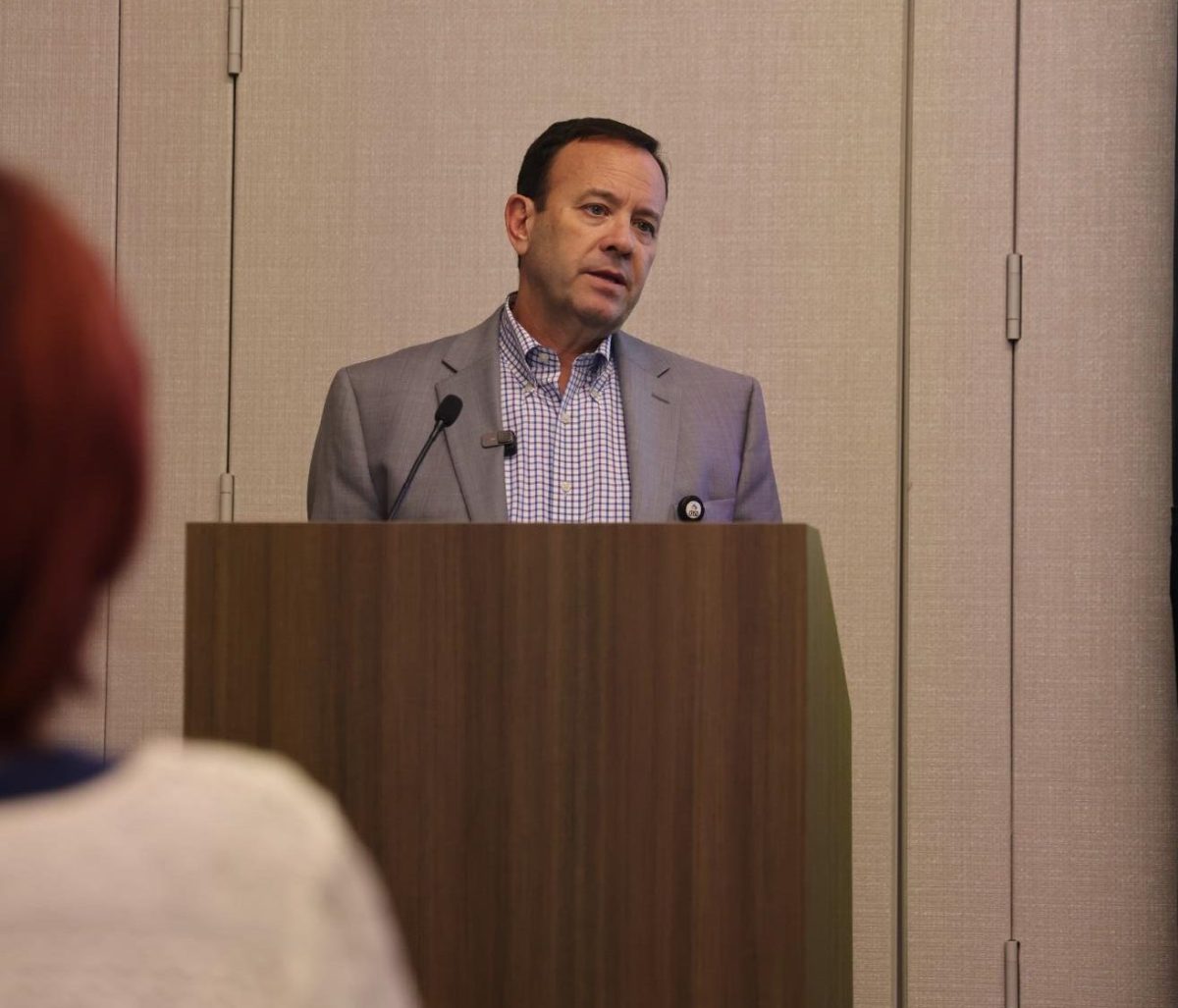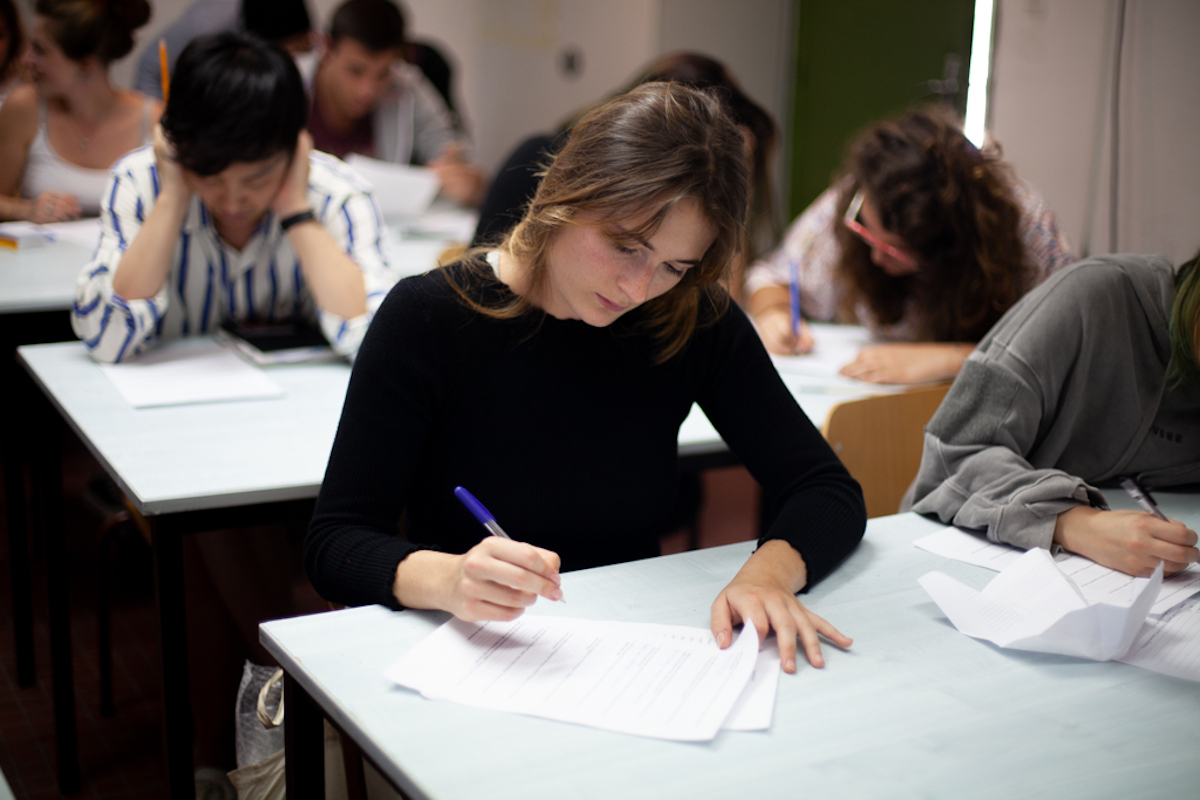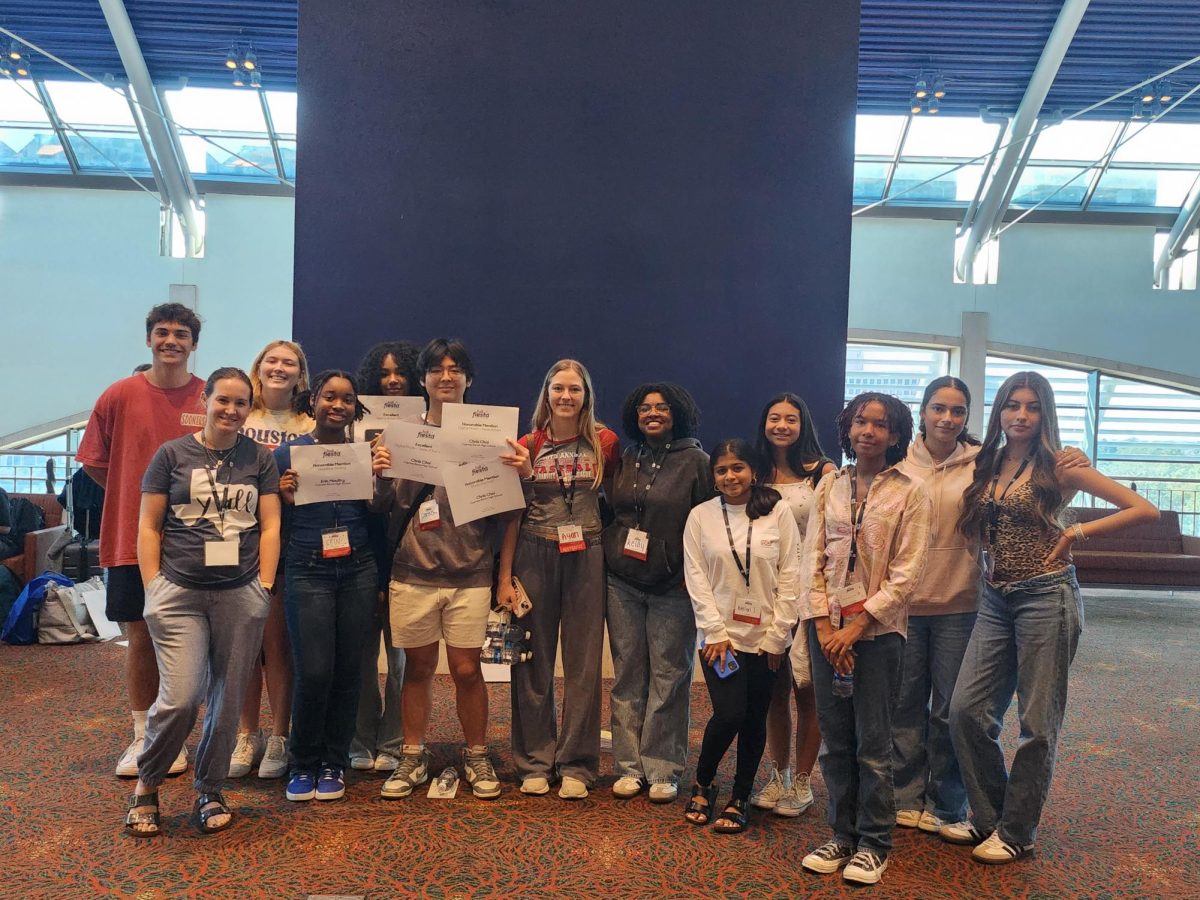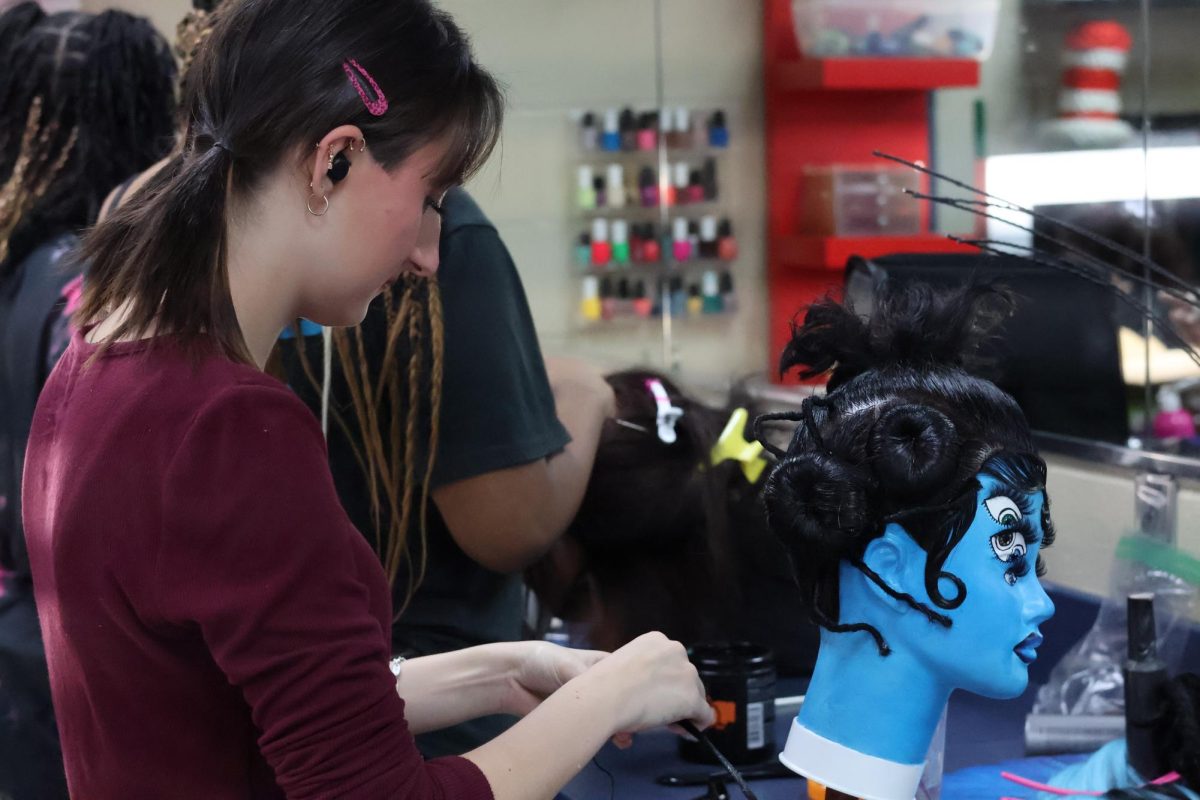More often than not, teens’ sleep is pushed to the side as a priority for academics and extracurriculars. This results in feeling overwhelmed and incapable of completing tasks due to exhaustion and the inability to fully function properly.
According to TeensHealth, teens require between 8 to 10 hours of sleep per 24 hours. Unfortunately, many students fall short of this, leading to increased stress, less than capable academic performance and burnout.
How many hours of sleep I should be getting?
Studies show that many high school students only average about 6 to 7 hours of sleep per night despite the fact they should be getting 8 to 10 hours of sleep. This lack of sleep can reduce attention, memory and learning, which are crucial for academic success.
According to the Centers for Disease Control and Prevention (CDC), insufficient sleep results in decreased academic performance as well as lowered graduation rates.
“A lot of the time I stay up to get my work done, so I’ll get two or three hours of sleep,” sophomore Nihika Sarada said. “[This] definitely impacts me at school.”
This cycle of sleep deprivation is due to the extracurriculars Sarada is involved in such as clubs and maintaining a job, leaving her with homework yet to complete. When questioned about how such little hours of sleep impacts Sarada’s education, she confidently adds how she can always “catch up.”
Early mornings cutting into sleep
Several factors contribute to this widespread sleep deprivation among students. One leading factor is the early start times of many high schools. A study published by Sleep Health found that students who sleep for long periods of time at night academically performed better versus students who slept for short periods of time as well as those who woke up at earlier times. Both the American Academy of Sleep Medicine and the American Academy recommend that high schools begin no earlier than 8:30 a.m. to ensure students get adequate sleep.
“I really don’t think that school should be this early,” junior Edith Taruc said. “I would like to get more hours of sleep.”
Taruc goes on to say how on average, she obtains two hours under the recommended minimum hours of sleep as well as how she wakes up around 5:30 a.m. to guarantee she gets to school on time. As a result of this early schedule, Taruc expresses how she feels sluggish in the mornings.
How extracurriculars impact sleep
Extracurricular activities and part-time jobs also cut into the amount of sleep students get. The average high school student participates in multiple extracurricular activities, which can extend their days significantly, resulting in inadequate hours slept. The clash between the biological sleep cycle your body regulates and early school hours creates a situation where students struggle to balance their academic responsibilities and other activities with their need for rest.
“I do a lot of training for my sport outside of school,” sophomore Andrea Harrison De La Vega said. “When I get home, I have a lot of homework to do, so I don’t get a lot of time to sleep.”
Harrison De La Vega emphasizes how she is “very tired every day,” and has little time for breaks. Despite her hefty schedule, she continues to remain committed and motivated to tennis as well as her academics.
The impact of sleep on your mental health
The impact of sleep deprivation is much more than solely academic performance. The lack of sleep is associated with various health problems (including but not limited to), obesity, depression and anxiety disorders.
The National Institutes of Health (NIH) says that sleep plays a crucial role in physical health along with mental health issues. With mental health issues increasing among students, bringing to light the impact of what having little sleep does can help students better understand their bodies and therefore improve their well-being.
“[During] junior year, I had a really bad sleep schedule, and I wasn’t looking after my health,” senior Yashvi Mehta said. “Senior year I’ve started working on myself, which is why I have a regular sleep schedule now.”
Despite her many commitments to multiple clubs, advanced placement classes and accumulation of volunteer hours, Mehta understands the importance of sleep and how it impacts her academically as well as mentally. She balances her need for rest with her other priorities, creating a healthy cycle where she is less likely to be overwhelmed and stressed.
Steps forward
As lack of sleep continues to threaten student success, having an understanding of the impact of sleep is crucial for change. By acknowledging the critical role sleep plays in academic and personal health, society can take steps forward toward ensuring that students and teens all around receive the sleep they need in order to succeed.





































